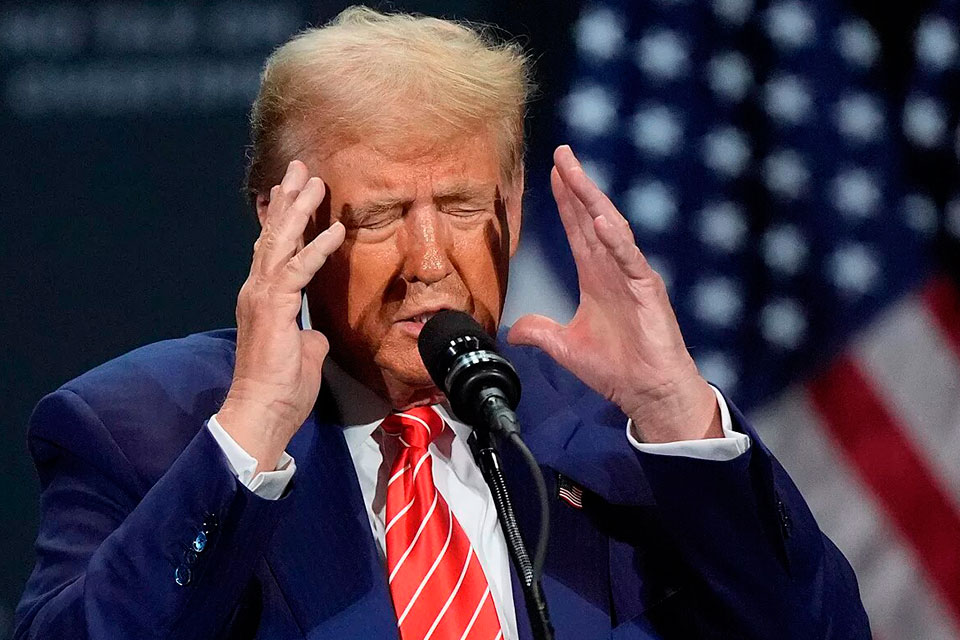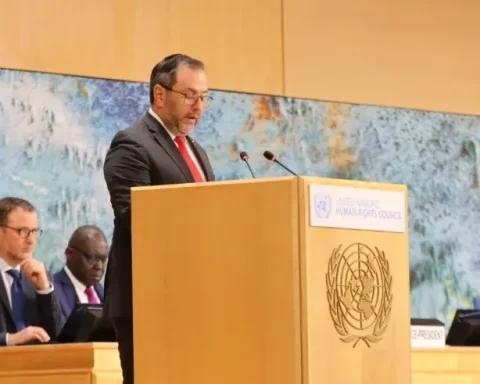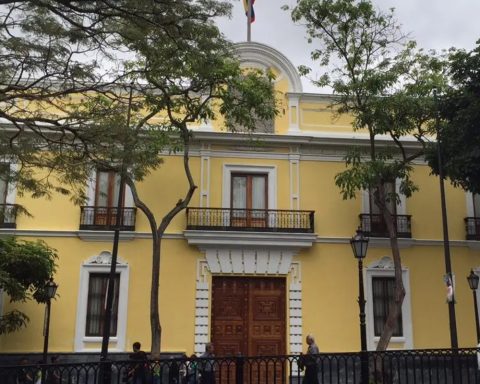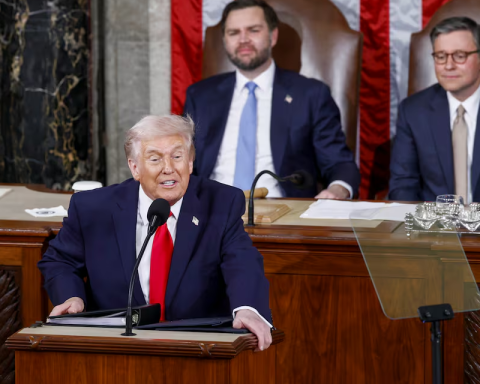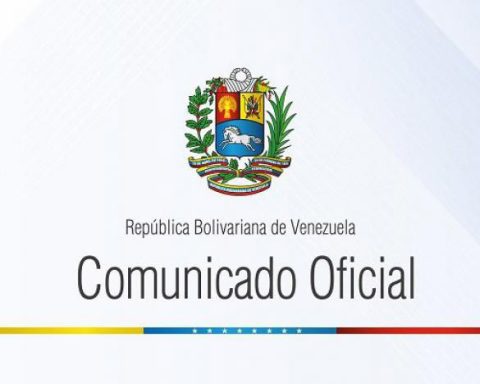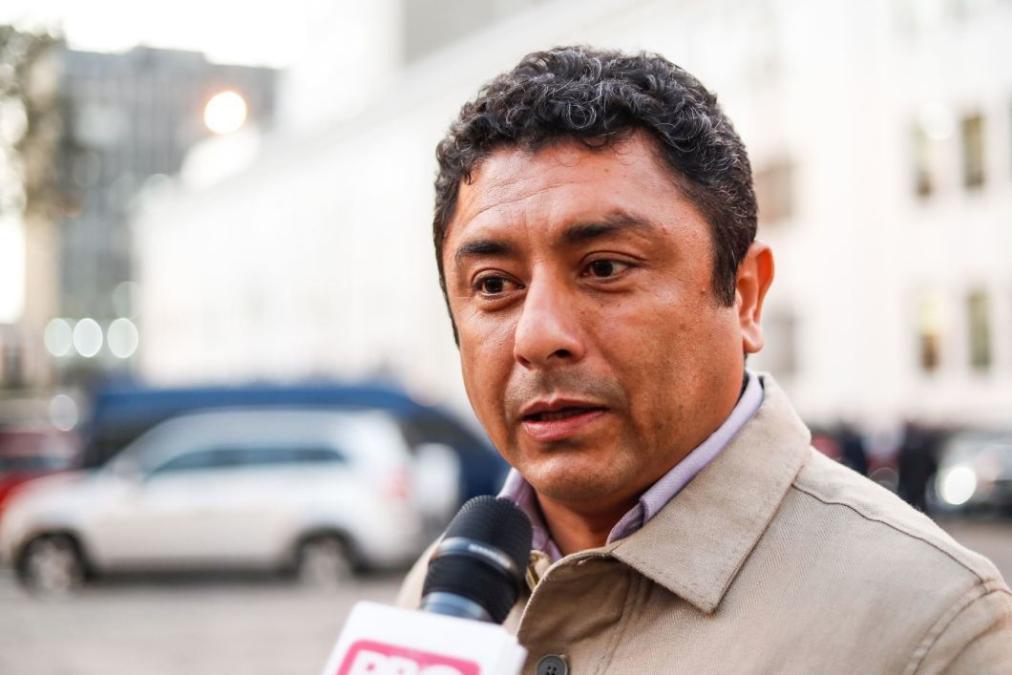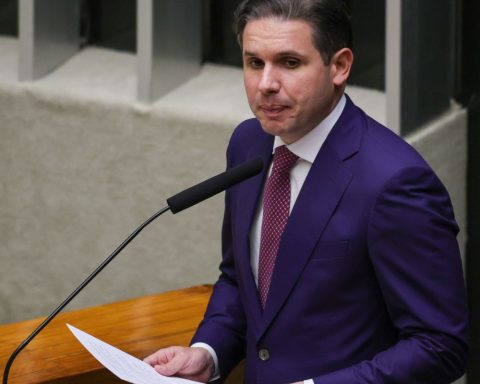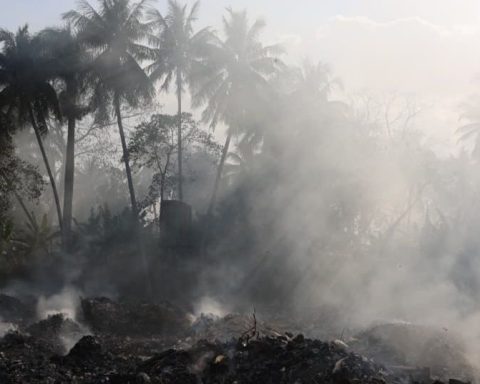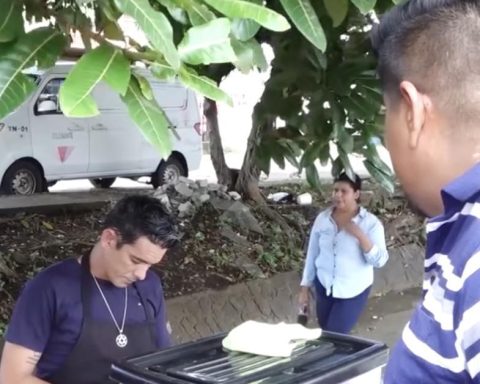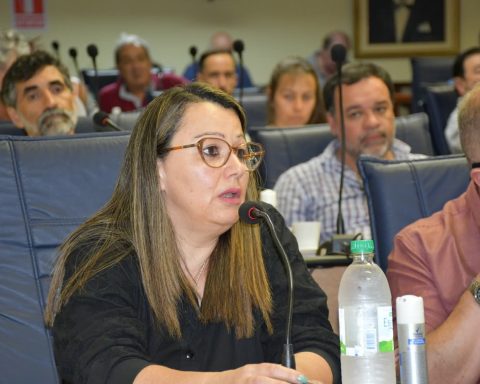Donald Trump’s administration appealed the ruling of the Supreme Court of Justice in which he orders him to suspend the deportations of Venezuelan migrants to El Salvador
The legal battle between President Donald Trump and the United States Judiciary for the case of deportation of Venezuelan migrants to El Salvador has no rest days. This weekend, decisions and appeals were the order of the day.
What happened
This April 19, Donald Trump’s administration appealed the ruling of the Supreme Court of Justice in which he orders him to suspend the deportations of Venezuelan migrants to El Salvador.
After knowing the supreme ruling, the response of the Trump government did not wait and presented an appeal asking him to lift the temporary emergency block that he issued in the early hours of Saturday prohibiting the expulsions of migrants.
The appeal, signed by the US attorney general, John Sauer, asks the Supreme Court to allow expulsion flights to the Central American country and also that the Cortes of Lower Instance can resolve the case.
The Government alleges that the emergency demand presented by the American Union of Civil Liberties was “terribly premature” because it “jumped” to the minor courts.
Context
The Supreme Court of Justice He issued a failure The dawn of Saturday, April 19, which orders the American president to suspend the deportations of Venezuelan migrants.
The Supreme American blocked the expulsions of Venezuelans – often in a center for migrants in Texas – under the law of foreign enemies of 1798, which has only been used in times of war.
In his order, who had two votes against, the judges of the Supreme Court acted after the appeal filed by the American Union of Civil Liberties, which alleged that the immigration authorities seemed to want to restart deportations under the Law of Foreign Enemies of 1798, which Trump invoked on March 14 to expel hundreds of Venezuelans to which he accuses of belonging to the criminal organization of Aragua.
ACLU alleged that Trump’s government was violating a judicial decision by wanting to expel men without giving them a “reasonable time” to defend their cases.
In summary
The Republican President since he assumed power on January 20 has tightened his immigration policy with different measures aimed at the expulsion or “self -exporting” of migrants in the United States.
To facilitate the deportation process, Donald Trump invoked a law of 1789 – known as the Law of Foreign Enemies – to justify the expulsions of Venezuelan migrants, accusing them of being part of the Aragua train, a transnational criminal gang that the Government described as “terrorist.”
The use by the government of this law, invoked in the past in times of war, has caused a wave of criticism by the Democratic opposition and jurist experts who already speak of a constitutional crisis.
Despite the questions, Trump’s government continues to expel migrants. Recently he met with the president of El Salvador, Nayib Bukele, whom he thanked for his “help” by receiving migrants at the Center for Confinement of Terrorism.
As part of the treatment, of which specific details are not known, Washington will pay El Salvador 6 million dollars annually to sustain the prison system.
In total, the US has sent more than 200 migrants to this prison, mostly Venezuelans, accusing them of belonging to the band of Aragua.
However, according to an analysis published last week by the Bloomberg portal, 90 % of the more than 200 men who have imprisoned in the Central American country have no criminal record in US territory.
With information from the EFE agency
*Also read: USA tries to send more Venezuelans to El Salvador, denounces organization
*Journalism in Venezuela is exercised in a hostile environment for the press with dozens of legal instruments arranged for the punishment of the word, especially the laws “against hatred”, “against fascism” and “against blockade.” This content is being published taking into account the threats and limits that, consequently, have been imposed on the dissemination of information from within the country.
Post views: 645
